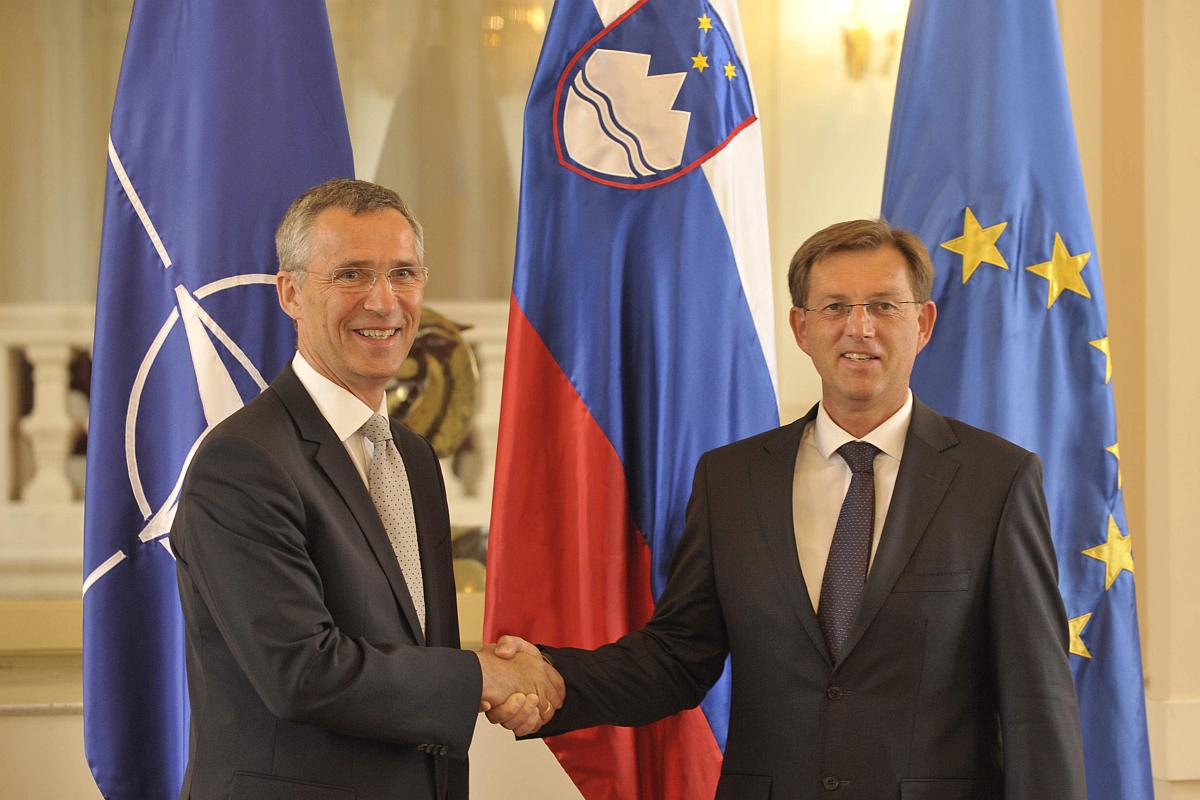
Cerar assured Stoltenberg that Slovenia would gradually increase its defence budget, which saw a drop in the past few years after the economic crisis began to bite. Following his meeting with Stoltenberg, Cerar stressed at a press conference that Slovenia’s defence spending would not decrease in 2015. Starting in 2017, defence spending is expected to gradually increase by 0.04 percent of gross domestic product per year.
Prime Minister Cerar said that Slovenia is serious about restructuring its defence budget, as not enough money was allocated to support research, investment and modernization.
A pledge (virtually) no-one takes seriously
Currently, Slovenia spends less than one percent of GDP on defence, even though the country pledged to spend 2 percent of GDP annually on defence – a commitment demanded by the North Atlantic Treaty Organization. However, only two NATO countries have passed the 2 percent threshold in 2015: the US and Estonia. Two countries have come close to spending 2 percent of GDP: the UK and Poland.
NATO Secretary General Jens Stoltenberg welcomed Slovenia’s commitment to increase defence spending. He also praised Slovenia for its contribution to international peace-keeping operations, highlighting its presence in Kosovo and Afghanistan.
"NATO benefits from having Slovenia as an ally, but Slovenia also benefits from the collective defence and security NATO is providing," said Stoltenberg.
Cerar said he strongly supports Montenegro’s efforts to join NATO, maintaining that the country should become a member of the alliance by the end of 2015 at the latest. “This move would substantially stabilize this somewhat destabilized region and strengthen our defence alliance,” stressed the Slovenian Prime Minister. He believes that the Western Balkans need the attention of Slovenia, the European Union as well as NATO.
To. G.; translated by D. V.

































































